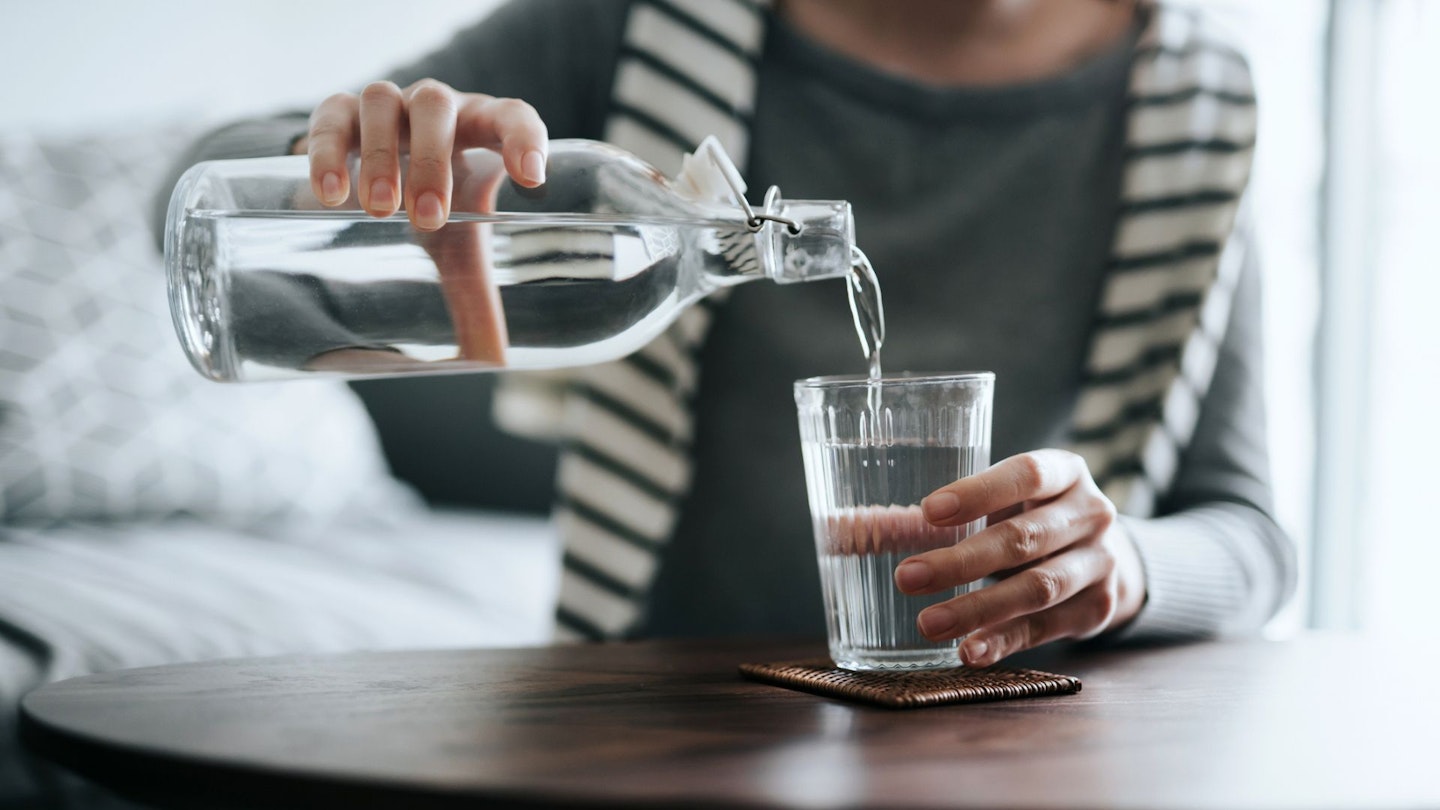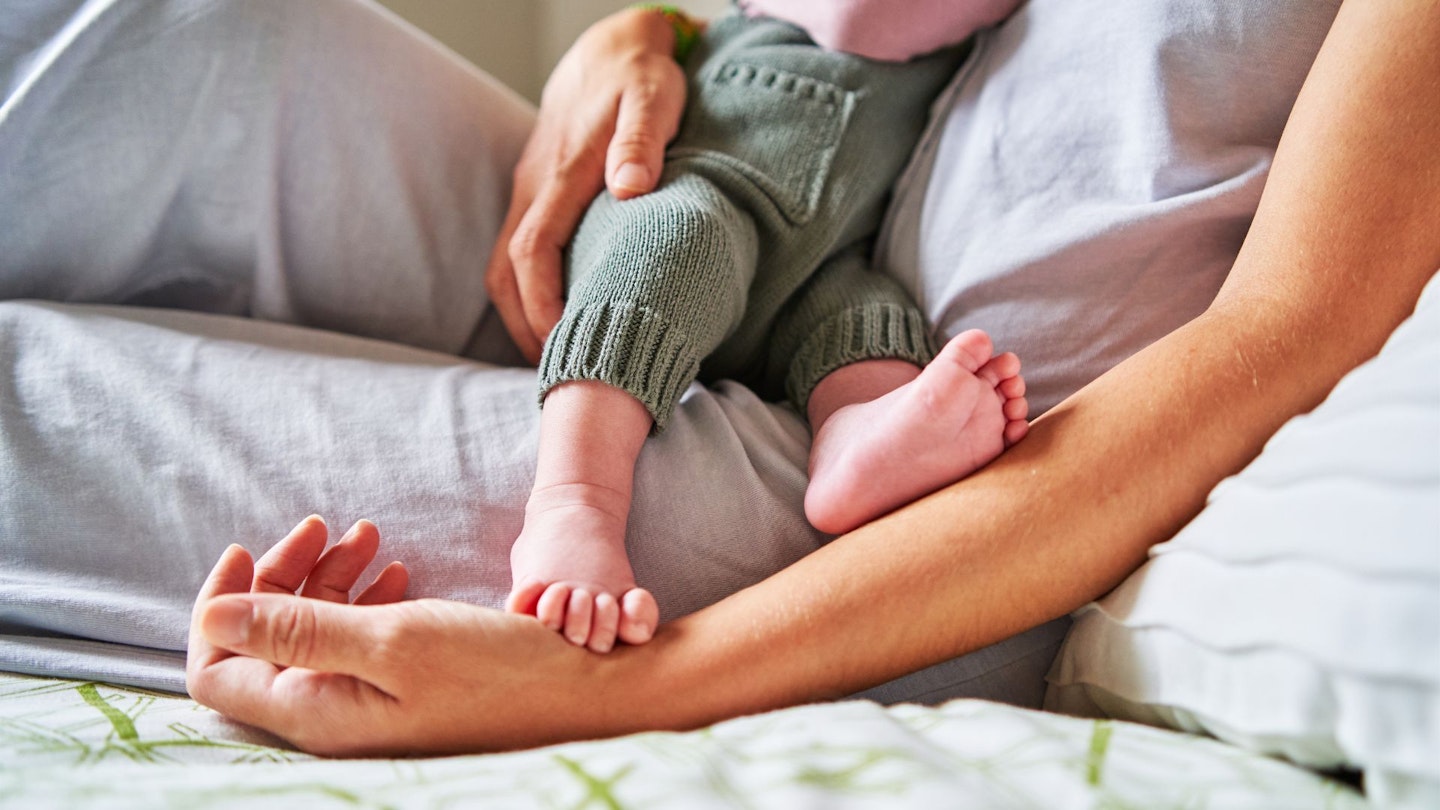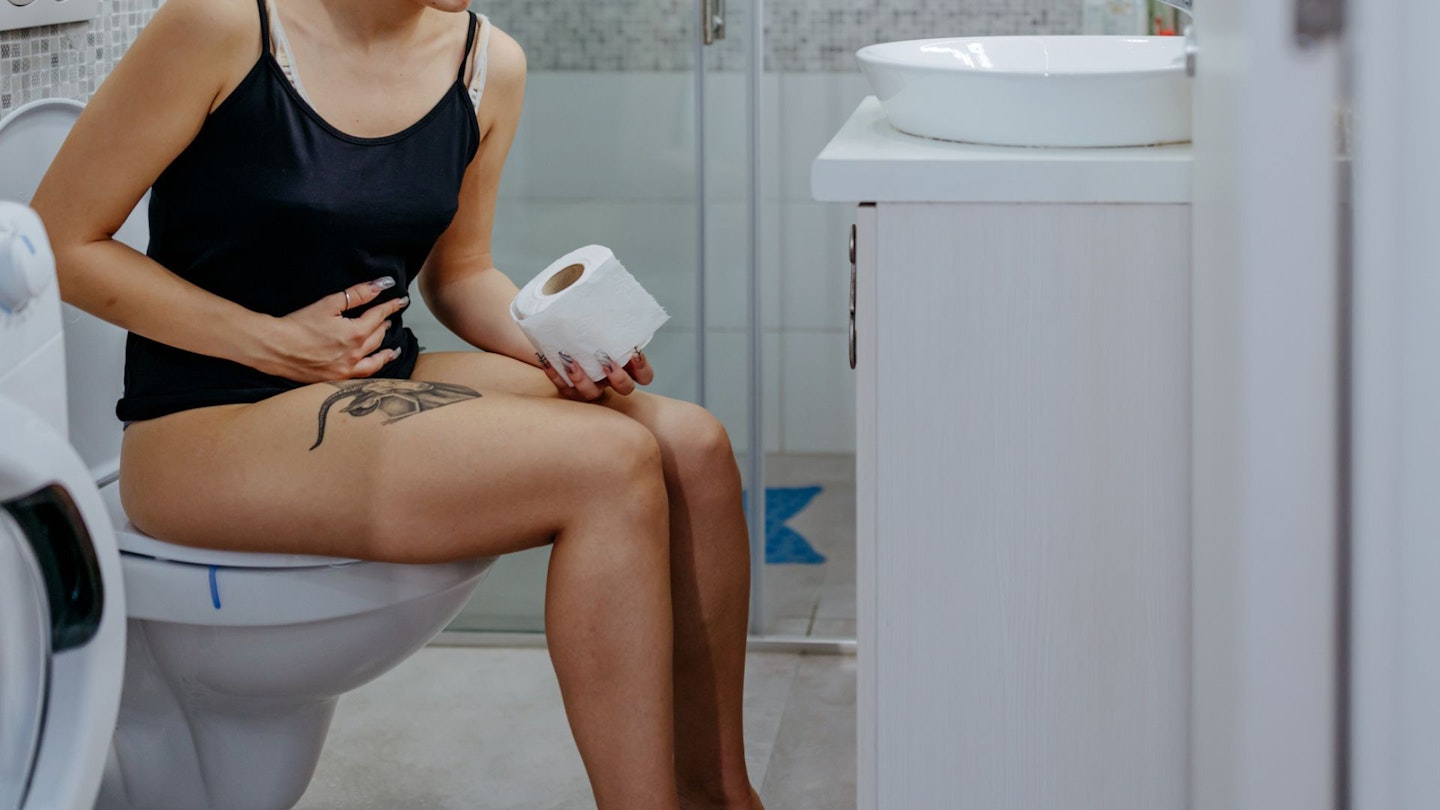After having your baby the last thing you want to be thinking about is constipation after birth, but it's a common postnatal problem that most women experience.
It's worth knowing what to expect after birth, and there are ways to be prepared and to help alleviate constipation after birth.
After giving birth, it's normal to feel nervous about going to the toilet, especially if you had to have stitches as they're healing. You might not even feel comfortable going to the toilet while you're in the hospital, which could leave you feeling uncomfortable.
There could be other reasons why you experienced constipation after birth too, such as:
Slowed down digestive system: just like constipation during pregnancy, hormone changes can slow down the digestive system causing constipation.
Pain relief during labour: most medicines come with a few common side effects, and some pain relief for labour can cause constipation.
Damage to your pelvic floor: it's common for your pelvic floor muscles to weaken following birth, especially after a vaginal delivery. It's important to make sure that you practise your pelvic floor exercises during pregnancy to help after birth.
If you think you might be constipated, it's important to talk to your midwife or doctor. There are ways you can help to ease constipation in the meantime though.
How to relieve constipation after birth
While there is no over night fix for helping relieve constipation, there are a few methods you can try to help ease symptoms.

Drink plenty of fluids
It goes without saying that drinking plenty of water is important, and it's even more important in helping with constipation after birth.
Drinking between six and eight glasses a day is recommended, but with newborn life it's not always easy to remember to drink. Set a reminder on your phone every few hours or invest in a large water bottle so you know you're drinking enough.
Eat high fibre foods
Fruits such as prunes, apples and citrus fruits are high in fibre and can help to relieve constipation. It can be easy to turn to sugary snacks to get you through your hospital stay after birth, but getting your partner to bring you fruit can be a refreshing treat.
Wholegrains are also a good source of high fibre foods, so it could be worth switching your bread to a wholegrain loaf and including rice in some meals.
Keep active
While exercises after birth might not be on the top of your list, moving your body can actually help loosen your bowel movements. According to the NHS, a daily walk can help you to poo more regularly, which will help to ease constipation.
You can also start with some light postnatal exercises to get your body moving. It can be a great way to strengthen and energise your body.
Don't ignore your body
It can be easy to ignore your bodies needs, especially while you're still in hospital. But going to the toilet when you feel like you need too is incredibly important.
By ignoring your bodies needs, you can cause more harm than good.
Can I take anything for constipation while breastfeeding?

If you are breastfeeding, there are still medications that you can take to help with constipation. It's best to consult your midwife or doctor on which medicines are safe for you to use.
What if nothing helps my constipation?
If you've tired everything to relieve constipation but nothing is working, it's important that you speak to a healthcare professional.
They should look into why you're still constipated or prescribe you with medication to health relieve the constipation.
Can I prevent postpartum constipation?
The best way to try and prevent postpartum constipation is through drinking plenty of fluids, eating high fibre foods and getting your body moving, especially towards the end of your pregnancy. These are all things that will benefit your body too, especially while you are pregnant.
Samantha Ball is a Product & Lifestyle Writer for Mother&Baby and freelanced for the website for two years before joining the team full time. She's a mum of two and loves browsing for the best products and cute outfits.
